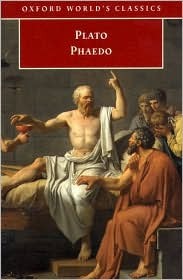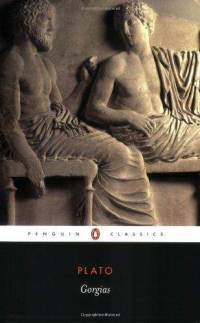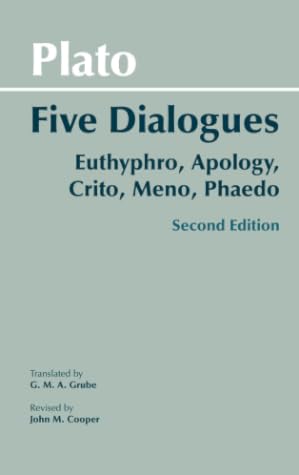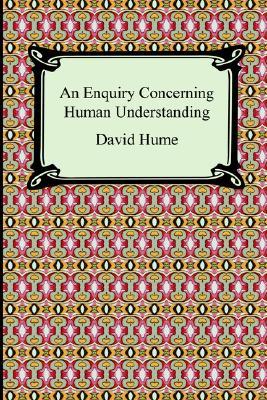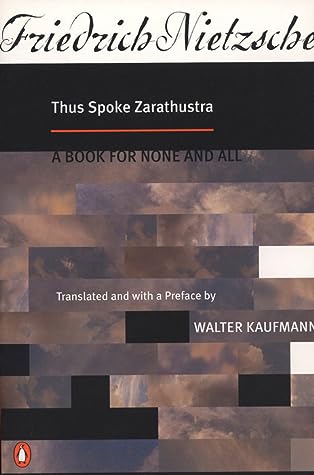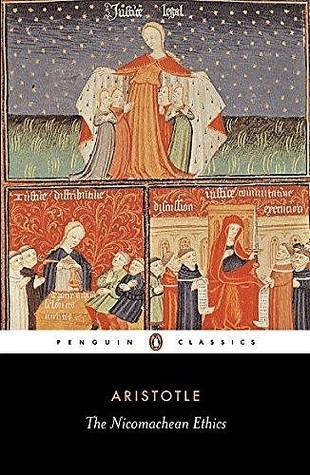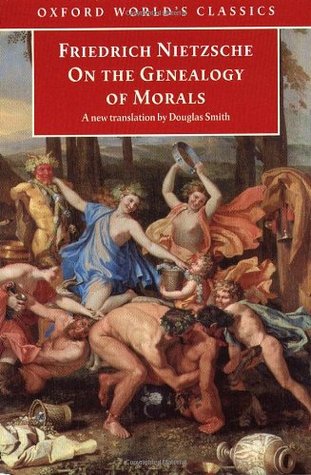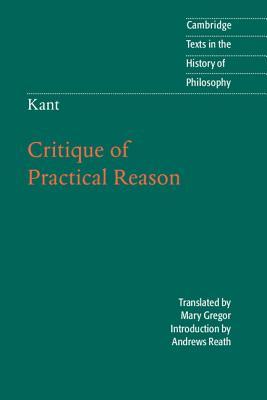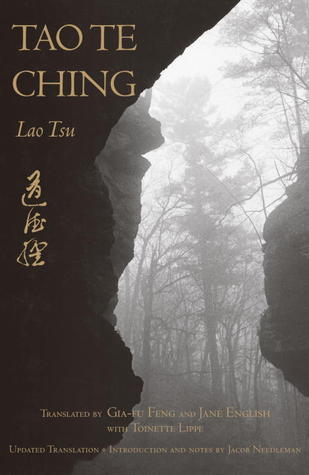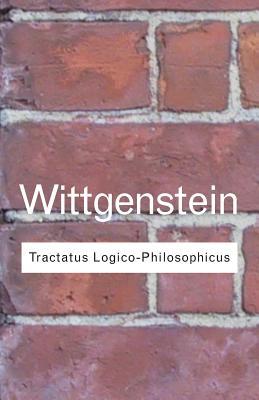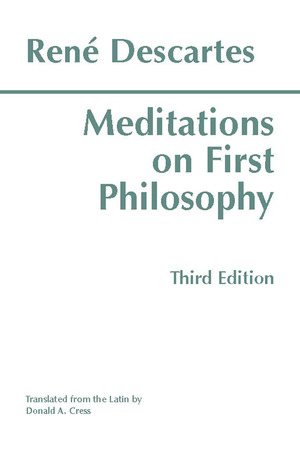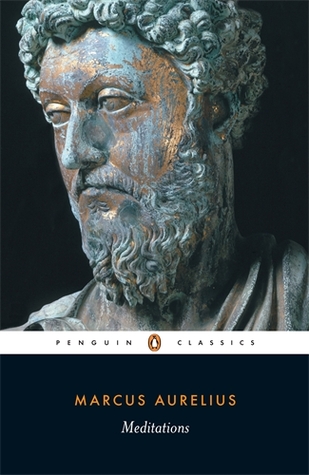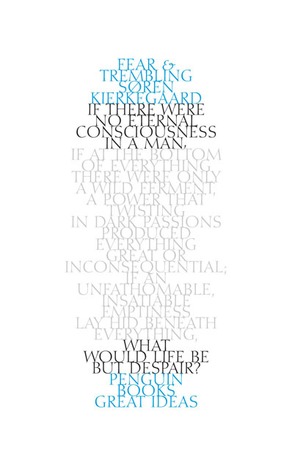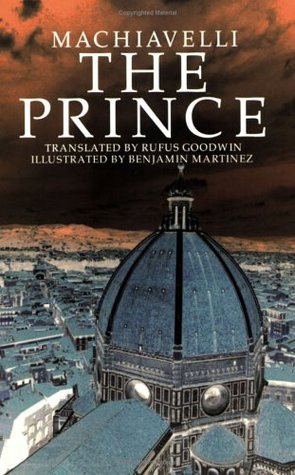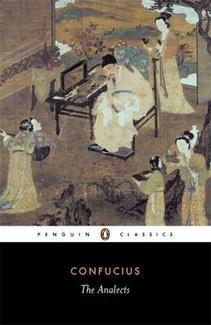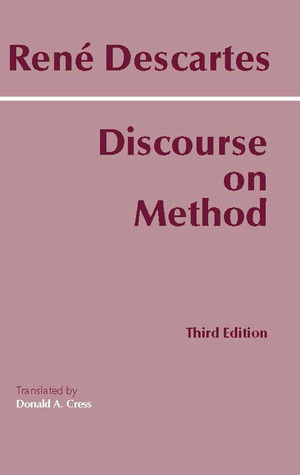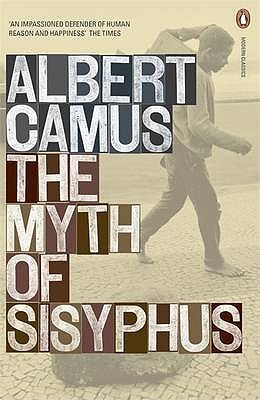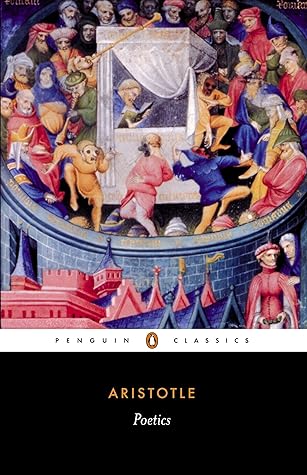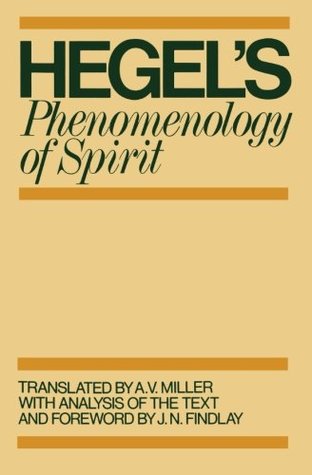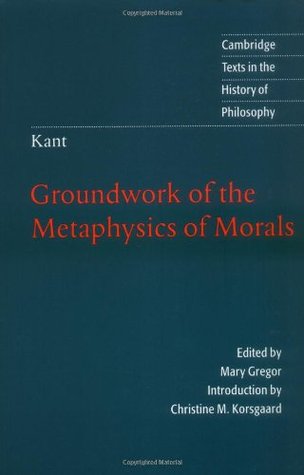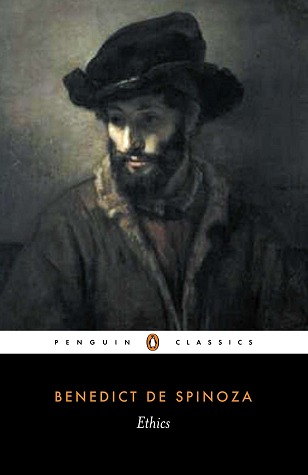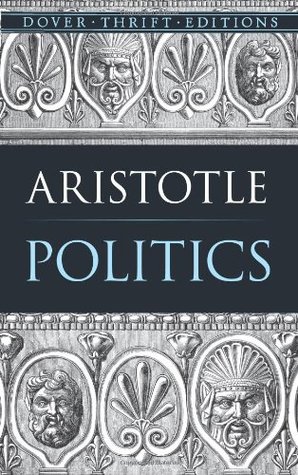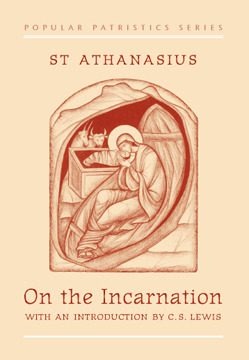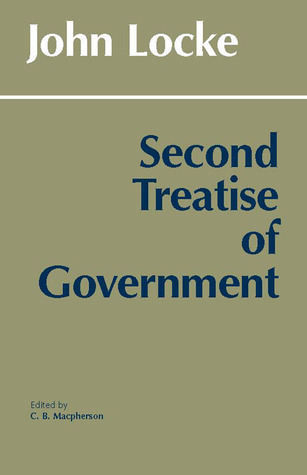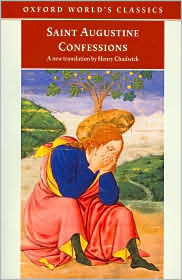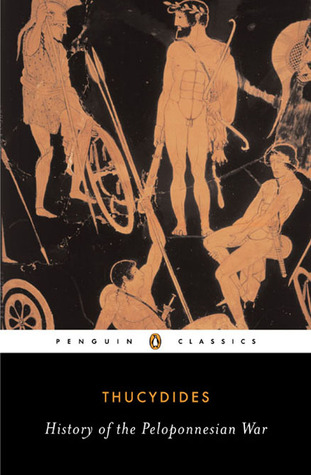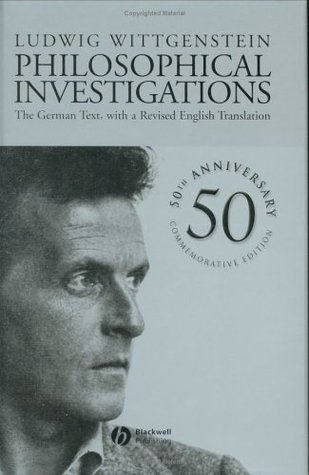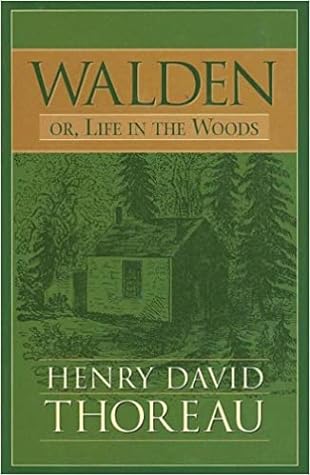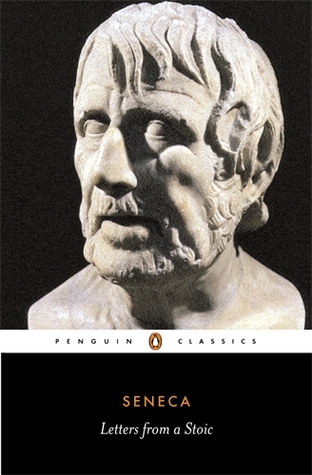Powered by a book like {foo}
Recommendations based on Menoby Plato
* statistically, based on millions of data-points provided by fellow humans
Phaedo
by Plato
Philosophical dialogue on the nature of death, the immortality of the soul, and the afterlife.
The Phaedo is acknowledged to be one of Plato's masterpieces, showing him both as a philosopher and as a dramatist at the height of his powers. For its moving account of the execution of Socrates, ... (Goodreads)
Gorgias
by Plato
Philosophical dialogue on the nature of justice and power of rhetoric.
Taking the form of a dialogue between Socrates, Gorgias, Polus and Callicles, GORGIAS debates perennial questions about the nature of government and those who aspire to public office. Are high moral ... (Goodreads)
Five Dialogues: Euthyphro, Apology, Crito, Meno, Phaedo
by Plato
Classic dialogues exploring the nature of morality, justice, knowledge, and death.
The second edition of Five Dialogues presents G. M. A. Grube's distinguished translations, as revised by John Cooper for Plato, Complete Works (Hacket, 1997). Cooper has also contributed a number of ... (Goodreads)
An Enquiry Concerning Human Understanding
by David Hume
Analysis of the nature of human understanding, challenging existing philosophical and religious beliefs.
An Enquiry Concerning Human Understanding, is a book by the Scottish empiricist philosopher David Hume , published in English in 1748. , It was a revision of an earlier effort, Hume's A Treatise of ... (Wikipedia)
Thus Spoke Zarathustra
by Friedrich Nietzsche
A philosophical treatise exploring morality, religion, and the meaning of life.
The Nicomachean Ethics
by Aristotle
An exploration of virtue and morality, providing guidance on how to live a good life.
‘One swallow does not make a summer; neither does one day. Similarly neither can one day, or a brief space of time, make a man blessed and happy’ In the Nicomachean Ethics , Aristotle sets out to ... (Goodreads)
On the Genealogy of Morals
by Friedrich Nietzsche
Exploration of morality, power, and the origin of human values.
On the Genealogy of Morals (1887) is a book about the history of ethics and about interpretation. Nietzsche rewrites the former as a history of cruelty, exposing the central values of the ... (Goodreads)
The Gay Science
by Friedrich Nietzsche
A collection of aphorisms and poems exploring the nature of existence, morality, and the human condition.
"[This book] mirrors all of Nietzsche's thought and could be related in hundreds of ways to his other books, his notes, and his letters. And yet it is complete in itself. For it is a work of art." ... (Goodreads)
Critique of Practical Reason
by Immanuel Kant
Kant's examination of the nature of practical reason and its role in guiding human action towards moral ends.
This seminal text in the history of moral philosophy elaborates the basic themes of Kant's moral theory, gives the most complete statement of his highly original theory of freedom of the will, and ... (Goodreads)
Tao Te Ching
by Lao Tzu
A collection of wise sayings and reflections on the nature of existence.
A lucid translation of the well-known Taoist classic by a leading scholar-now in a Shambhala Pocket Library edition. Written more than two thousand years ago, the Tao Teh Ching , or -The Classic of ... (Goodreads)
Tractatus Logico-Philosophicus
by Ludwig Wittgenstein
A philosophical treatise on language, logic, and the limits of human understanding.
Perhaps the most important work of philosophy written in the twentieth century, Tractatus Logico-Philosophicus was the only philosophical work that Ludwig Wittgenstein published during his life. ... (Goodreads)
Meditations on First Philosophy
by René Descartes
Reflection on the nature of reality and human knowledge.
Descartes's Meditations on First Philosophy , the fundamental and originating work of the modern era in Western philosophy, is presented here in Donald Cress's completely revised edition of his ... (Goodreads)
Meditations
by Marcus Aurelius
Reflections on Stoic philosophy, exploring the nature of existence and how to live life.
Written in Greek by the only Roman emperor who was also a philosopher, without any intention of publication, the Meditations of Marcus Aurelius offer a remarkable series of challenging spiritual ... (Goodreads)
Fear and Trembling
by Søren Kierkegaard
Philosophical essay exploring the importance of faith, and the human struggle for faith.
Soren Kierkegaard was a Danish philosopher, theologian, and religious author interested in human psychology. He is regarded as a leading pioneer of existentialism and one of the greatest philosophers ... (Goodreads)
The Prince
by Niccolò Machiavelli
A timeless political treatise on the art of acquiring and maintaining power.
Machiavelli needs to be looked at as he really was. Hence: Can Machiavelli, who makes the following observations, be Machiavellian as we understand the disparaging term? 1. So it is that to know the ... (Goodreads)
The Analects
by Confucius
A collection of moral and philosophical teachings, exploring the importance of relationships, ethics, and personal development.
‘The Master said, “If a man sets his heart on benevolence, he will be free from evil”’ The Analects are a collection of Confucius’s sayings brought together by his pupils shortly after his death in ... (Goodreads)
Discourse on Method
by René Descartes
Philosophical exploration of the power of human reason and the nature of reality.
By far the most widely used translation in North American college classrooms, Donald A. Cress's translation from the French of the Adam and Tannery critical edition is prized for its accuracy, ... (Goodreads)
The Myth of Sisyphus
by Albert Camus
An essay on understanding the absurdity of life, and realizing there is meaning in even the most mundane tasks.
Throughout history, some books have changed the world. They have transformed the way we see ourselves—and each other. They have inspired debate, dissent, war and revolution. They have enlightened, ... (Goodreads)
Poetics
by Aristotle
A philosophical treatise on the nature of tragedy and its effects on audiences.
‘The plot is the source and the soul of tragedy’ In his near-contemporary account of Greek tragedy, Aristotle examines the dramatic elements of plot, character, language and spectacle that combine to ... (Goodreads)
Phenomenology of Spirit
by Georg Wilhelm Friedrich Hegel
An exploration of the relationship between mind and world, and the nature of knowledge.
Perhaps one of the most revolutionary works of philosophy ever presented, The Phenomenology of Spirit is Hegel's 1807 work that is in numerous ways extraordinary. It begins with a Preface, created ... (Goodreads)
Groundwork of the Metaphysics of Morals
by Immanuel Kant
Examination of the foundations of moral philosophy, focusing on the nature of moral obligation.
Immanuel Kant's Groundwork of the Metaphysics of Morals ranks alongside Plato's Republic and Aristotle's Nicomachean Ethics as one of the most profound and influential works in moral philosophy ever ... (Goodreads)
Ethics
by Baruch Spinoza
Exploration of morality and the laws of nature, framed in a rationalist argument.
Published shortly after his death, the Ethics is undoubtedly Spinoza's greatest work - an elegant, fully cohesive cosmology derived from first principles, providing a coherent picture of reality, and ... (Goodreads)
Politics
by Aristotle
Analysis of the structure and nature of governments and the pursuit of justice.
What is the relationship of the individual to the state? What is the ideal state, and how can it bring about the most desirable life for its citizens? What sort of education should it provide? What ... (Goodreads)
On the Incarnation
by Athanasius of Alexandria
Theological treatise on the divine nature of Jesus Christ and his role in human salvation.
A universally acknowledged masterpiece of fourth-century patristic theology. As C. S. Lewis observes in his introduction: "When I first opened De Incarnatione I soon discovered by a very simple test ... (Goodreads)
Second Treatise of Government
by John Locke
A philosophical inquiry into the nature of government and the rights of citizens.
The central principles of what today is broadly known as political liberalism were made current in large part by Locke's Second Treatise of Government (1690). The principles of individual liberty, ... (Goodreads)
Confessions
by Augustine of Hippo
A spiritual autobiography tracing Augustine's journey from youthful excess to Christian faith.
Augustine's Confessions is one of the most influential and most innovative works of Latin literature. Written in the author's early forties in the last years of the fourth century A.D. and during his ... (Goodreads)
History of the Peloponnesian War
by Thucydides
Detailed account of the protracted war between Athens and Sparta in ancient Greece.
Written four hundred years before the birth of Christ, this detailed contemporary account of the long life-and-death struggle between Athens and Sparta stands an excellent chance of fulfilling its ... (Goodreads)
Philosophical Investigations
by Ludwig Wittgenstein
Wittgenstein's exploration of language and meaning, challenging traditional philosophical concepts and proposing new ways of understanding language games.
Philosophical Investigations, ( German : Philosophische Untersuchungen ) is a work by the philosopher Ludwig Wittgenstein . The book was published posthumously in 1953. Wittgenstein discusses ... (Wikipedia)
Walden
by Henry David Thoreau
A reflective journey into nature, exploring the power of contemplation and simplicity.
Originally published in 1854, Walden; or, Life in the Woods, is a vivid account of the time that Henry D. Thoreau lived alone in a secluded cabin at Walden Pond. It is one of the most influential and ... (Goodreads)
Letters from a Stoic
by Seneca
A collection of Stoic philosophies and advice on living a meaningful life.
The power and wealth which Seneca the Younger (c.4 B.C. - A.D. 65) acquired as Nero's minister were in conflict with his Stoic beliefs. Nevertheless he was the outstanding figure of his age. The ... (Goodreads)
